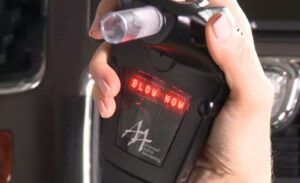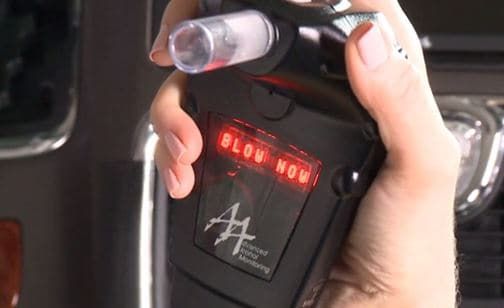 An ignition interlock will do a lot of things. It will stop a driver from starting his or her vehicle, but only if that driver has been drinking alcohol. The device will also prevent that driver from drinking while they are driving, because most states require an offender participating in their state ignition interlock program to take a rolling retest while he or she is driving.
An ignition interlock will do a lot of things. It will stop a driver from starting his or her vehicle, but only if that driver has been drinking alcohol. The device will also prevent that driver from drinking while they are driving, because most states require an offender participating in their state ignition interlock program to take a rolling retest while he or she is driving.
But what an ignition interlock won’t do is cause you to crash your vehicle. However, that hasn’t stopped an offender taking part in the ignition interlock program from blaming the device for exactly that.
The offender in question, from Rhode Island, was involved in a hit and run recently. Witnesses saw the man swerving into a sign, heading back onto the road, and then crashing into another car. Instead of staying at the scene he hit the car another time and left the site of the crash.
This offender was participating in the Rhode Island ignition interlock program, and when he was caught he admitted to causing the crash. What he didn’t admit to was that it was his fault. Instead, he decided to blame the ignition interlock device in his vehicle, saying that the device was beeping constantly and that he was trying to get it to stop beeping when he struck the sign and kept going.
The problem with this line of defense? It’s not true. There are thousands of people who take part in the ignition interlock program in their own state and they successfully use the device without having it beep in the way he described.
But if the device was beeping, it’s because the driver had skipped a rolling retest or failed it. That may cause the device’s alarm to sound and the car’s lights to flash, and that offender would be required to safely pull over onto the side of the road and turn the car off. Once the car is turned off, the driver would need to take another breath test to start the vehicle again.
Put all of that together and it doesn’t take a lot of detective work to realize that the ignition interlock didn’t cause this crash; the driver did.
